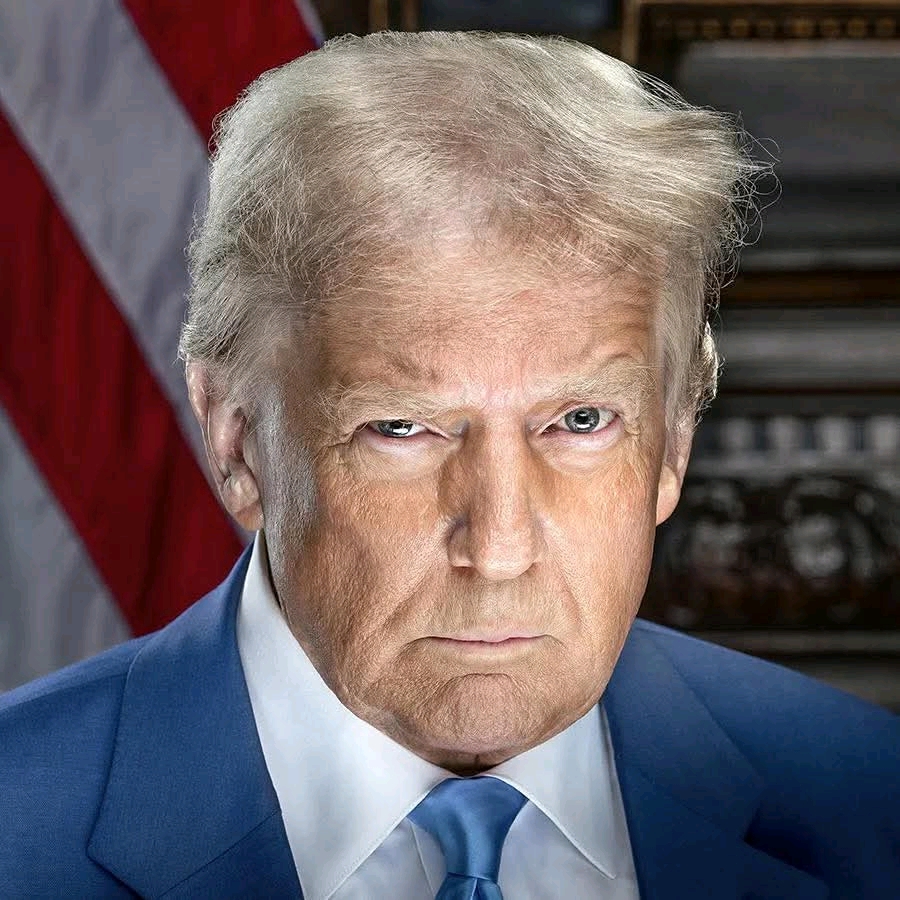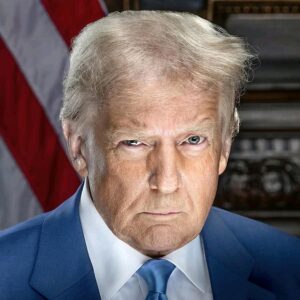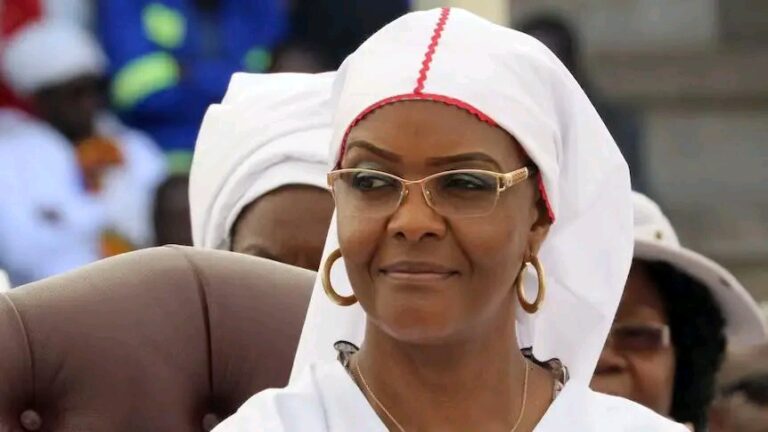
The United States has reversed its earlier decision to boycott the upcoming Group of 20 (G20) World Leaders’ Summit in South Africa, signalling a significant shift in diplomatic relations ahead of the annual global gathering. The summit, scheduled to take place at the NASREC Expo Centre in Johannesburg from 22 to 23 November 2025, will now include American participation after weeks of uncertainty.
Initially, US President Donald Trump had insisted that no American official would attend the summit. He accused South Africa of “behaving badly” and claimed the country was persecuting a section of its population. His comments drew widespread criticism and raised concerns about the impact of the boycott, especially since the United States is set to assume the G20 presidency from South Africa.

Despite Washington’s earlier hardline stance, reports from SABC News indicate that the US has now decided to end its boycott. Veteran foreign correspondent Sophie Mokoena confirmed through reliable sources that the US will rejoin discussions at the summit. However, it remains unclear in what capacity the country will participate. At present, there is no confirmation whether Washington will send a high-level official, a representative from the US Embassy in Pretoria, or an alternative delegate.
The uncertainty surrounding representation prompted questions about the transition of the G20 presidency. Some analysts argued that the US risked undermining its own role if it chose not to engage in the summit’s proceedings. Nonetheless, the latest developments suggest that diplomatic considerations prevailed, prompting Washington to reconsider its non-attendance.
President Cyril Ramaphosa had previously maintained that the summit would continue with or without American participation. He emphasised that the G20 is a multilateral platform that does not revolve around any single nation—even one as influential as the United States. His reassurances were echoed by South Africans who viewed the US stance as politically motivated and inconsistent with the collaborative spirit of the G20.
The reversal also comes at a time when South Africa is preparing to host global leaders as part of its growing role on the international stage. With the US now back on board, the summit is expected to proceed with full participation from all G20 member countries, ensuring continuity in discussions around global economic stability, climate action, multilateral cooperation, and sustainable development.
Observers note that the US shift may also reflect behind-the-scenes diplomatic efforts aimed at preventing strained relations between the two nations. South Africa and the United States share longstanding economic and political ties, and a prolonged boycott could have complicated future engagements, including the power handover of the G20 presidency.
As the summit approaches, global attention is now focused on how the US will position itself during discussions and whether the initial tensions will influence negotiations. Regardless, the decision to participate marks a notable turn in US-South Africa relations and ensures that the G20 Summit will proceed with its full complement of world leaders.




